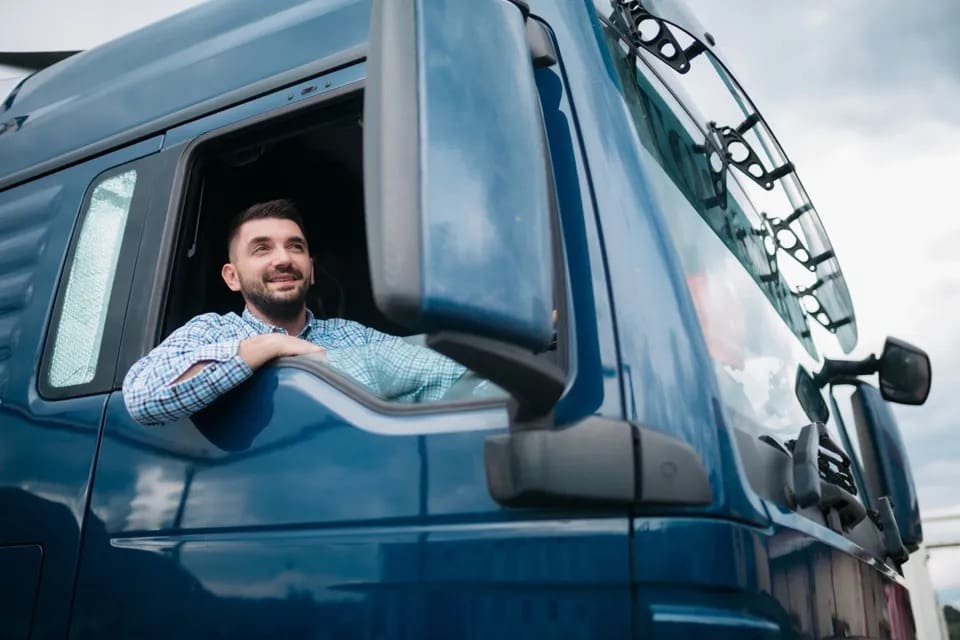Reform of heavy vehicle testing regime for Earned Recognition members
Further work will have to be carried out before any reform of the heavy vehicle testing regime for operators who are part of DVSA’s Earned Recognition scheme.
In its response to a call for evidence on the testing regime, published this week, the Government says that there was “moderate support” for change to the frequency of vehicle testing.
Some 89% of Earned Recognition members believe that the testing regime for those operators should be amended, against 30% of non- Earned Recognition operators.
Earned Recognition is accredited to operators that show excellent standards of vehicle maintenance and driver safety.

Image by Fleet News
The Department for Transport (DfT) had laid out four options for reform of heavy vehicle testing for Earned Recognition members.
It says that two of its options – reduction in test frequency and introduction of delegated testing – will be further considered.
A third option of improved service provision is already in hand, it said, while the fourth, which would have reduced test content for Earned Recognition members, appears to have been dropped.
It says it wants to better understand whether Earned Recognition ‘as is’ provides the confidence to implement either of the first two options and if adjustments can be made to the scheme to mitigate any risks from these changes.
It also wants further insight on how the day-to-day practicalities could be handled, both from a legal and practical perspective.
For example, there are concerns that they would lessen or potentially remove roadworthiness data feeds.
Some comments within the call for evidence pointed out that some of the benefits of these options could be to reduce down time for vehicle preparation for test.
This is a concern because the vehicle should meet, at least, that minimum standard all of the time, it said.
It explained that understanding whether the removal of some or the delegation of all tests will result in this road safety risk, is vital to having a clearer view on the way forward for either of option and if Earned Recognition could now, with some modifications, mitigate this risk.
As part of its next steps, the DfT will also assess whether Earned Recognition should be put on a statutory footing in association with any test changes; whether to require a test to have been completed within the last year for vehicles used in international circulation; the position of vehicles, both motor vehicles and trailers, which move between Earned Recognition and non-Earned Recognition operators; the position of vehicles of operators who lose the Earned Recognition status; and the procedures to implement the option for both HGVs and PSVs.
A final decision on which, if any, option for change is adopted is expected to follow, but the DfT has given no indication on the timeline.
Hayley Pells, policy lead at the Institute of the Motor Industry (IMI), said: “The IMI made a full and informed submission to the original consultation and we will continue to work hard on behalf of those in the heavy duty vehicle sector to ensure that the experience of professionals is properly accounted for.
“Investment in skills development is critical to maintain the integrity of this vital component of the automotive sector; without properly maintained heavy goods on UK roads our economic infrastructure is under serious threat.”
“The DfT’s proposals seem to suggest that reduced testing for those part of the ER scheme is likely.”
Written by Gareth Roberts for Fleet News © January 31, 2024.
For more help staying compliant, read about our DVSA Earned Recognition fleet and workshop software.
